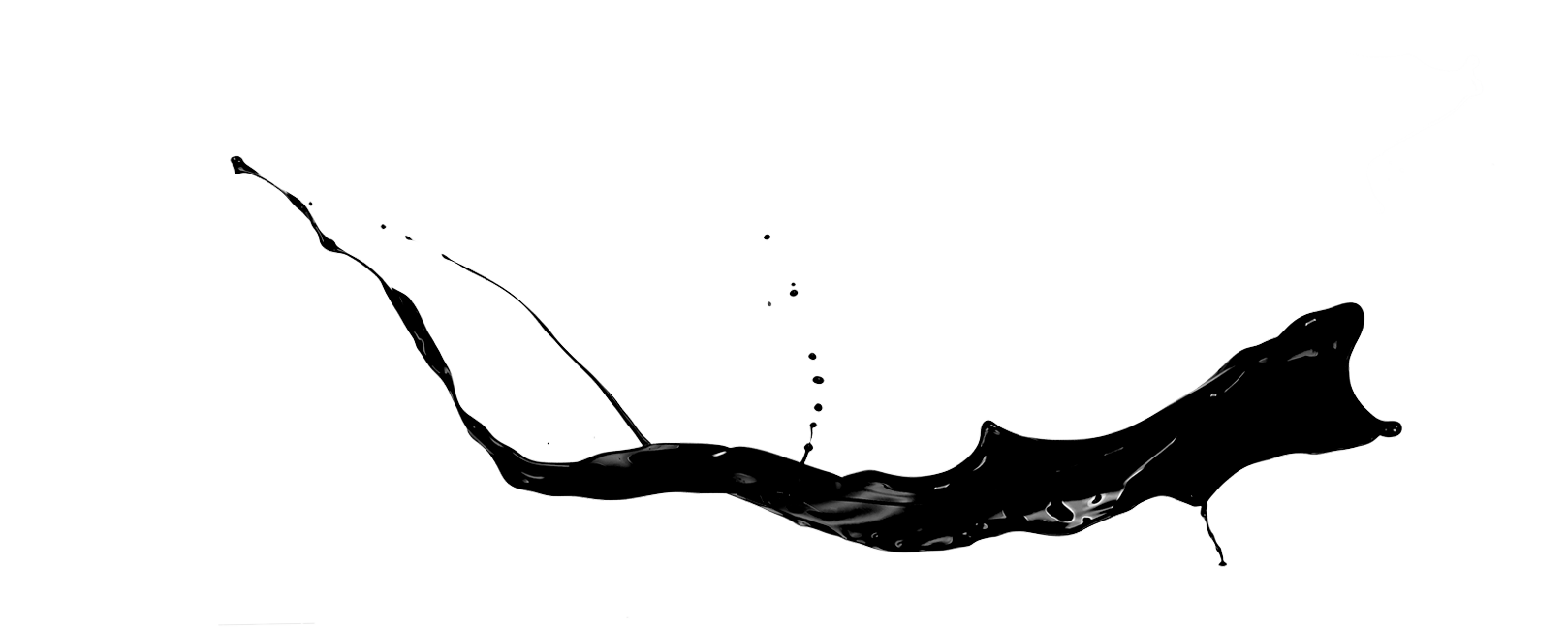Research proposal for a lecture: “ ‘Race’, racialization, and ‘shifting baselines’ ”
During early Enlightenment three limit conditions were […] brought into relation with each other: the threshold of the forest—a shifting environmental condition together with its unique climate; the threshold of the law—the political limit of territory and sovereignty; and the threshold of the human—a blurry limit to the human species. Each of the three of these then became, and continue to be, entangled frontiers; shifts made in one challenge all others. (Eyal Weizman, “Are they Human?” (2016))
“This lecture aims to address, or re-contextualise the notion of “shifting baselines” in line with the construct called “race” as it was elaborated within the field of post- and de-colonial theories. More specifically, I will use the idea of race as a primary analytical tool to re-think major “shiftings” brought by neoliberal global capitalism, and in particular, to highlight the current ontological and epistemological uncertainties.
Why? As emphasized by Achille Mbembe in his Critique of Black Reason (2017), race is a raw material from which the difference and surplus are produced, a form of life, which can be wasted and/or spent without limits. Moreover, race is not just the mechanism of reification, Mbembe said, but also the security system and the technique of governmentality, and today’s role of this mechanism at the global level is more than evident. As already pointed out by Michel Foucault in his 1975–76 “Society Must Be Defended” lectures, race is an extremely mobile term, and in that sense, race and racism do not only have a past, but also a future.
Bringing the concept of race at the forefront of this lecture, and examining the theoretical lines already introduced by Marina Gržinić, Gilles Deleuze, Michel Foucault, and Achille Mbembe, among others, will therefore enable us to re-think the major “baselines” being “shifted” by (neoliberal global) capitalism and its violent Eurocentric (and failed) “system of thought,” while simultaneously enable us to highlight also, in Foucault’s words, “a change in the fundamental arrangements of knowledge’.”
